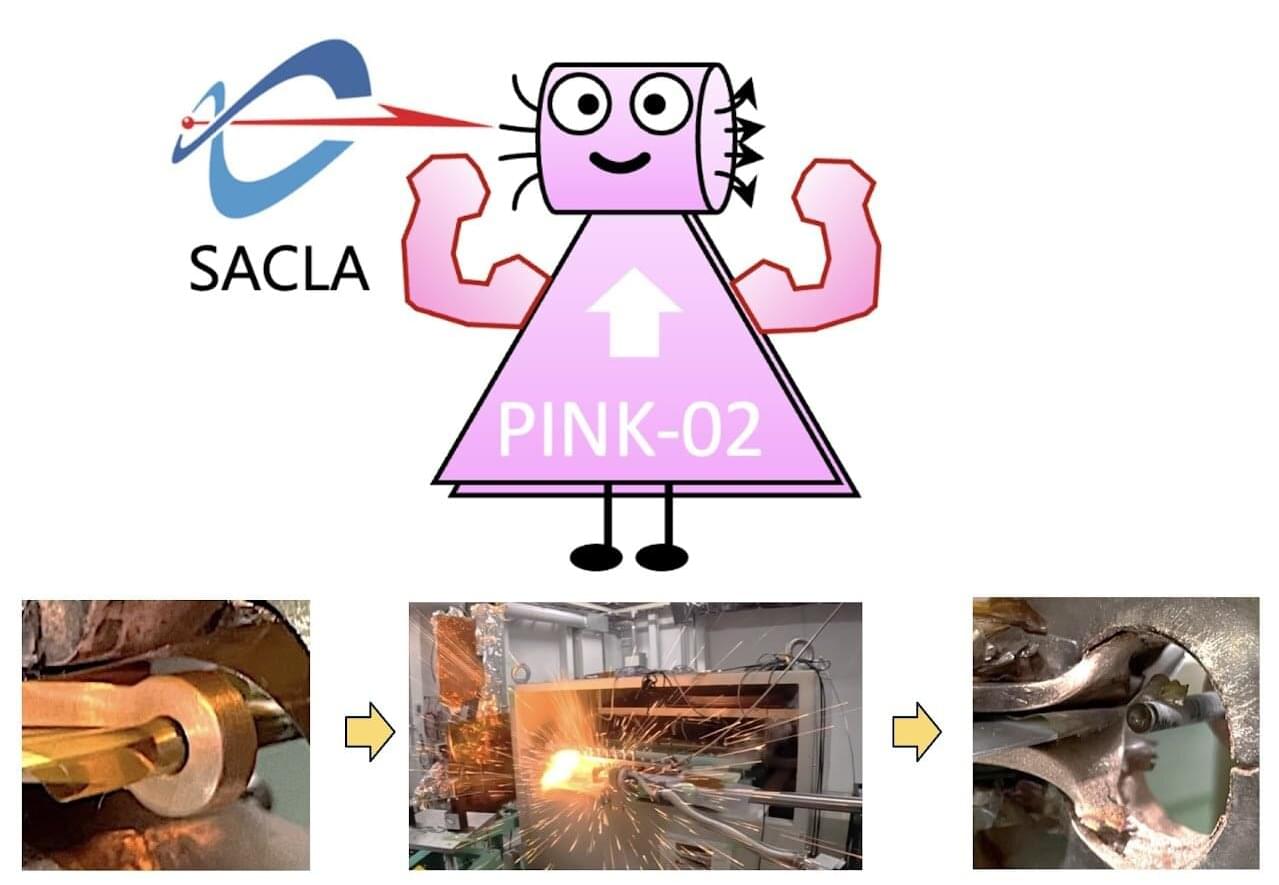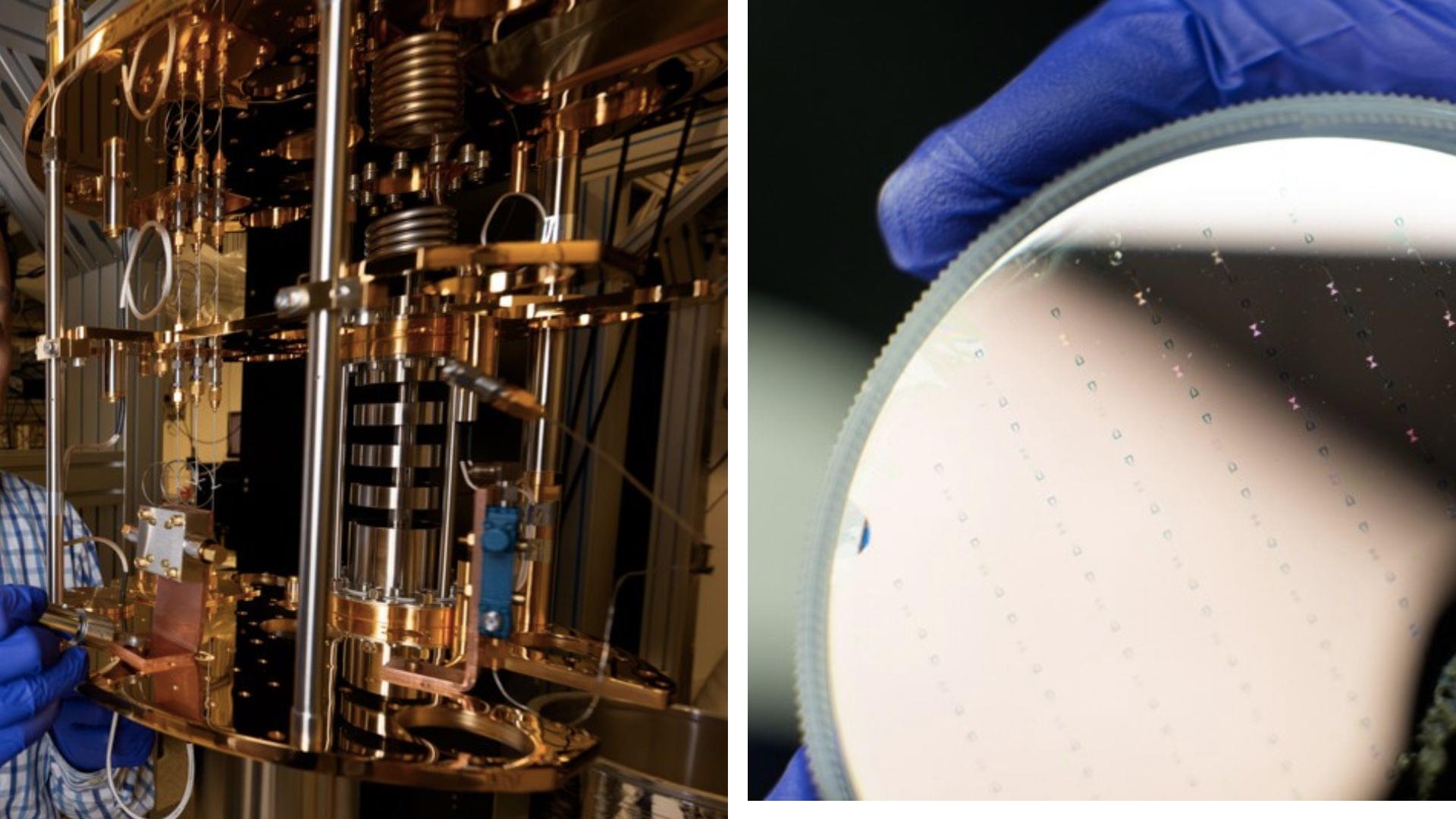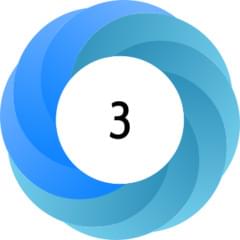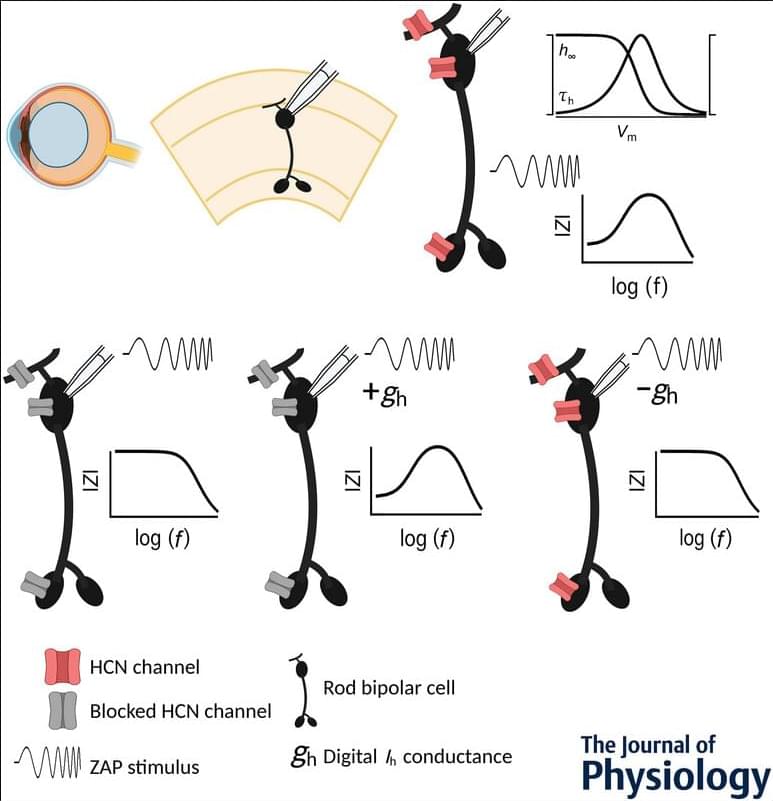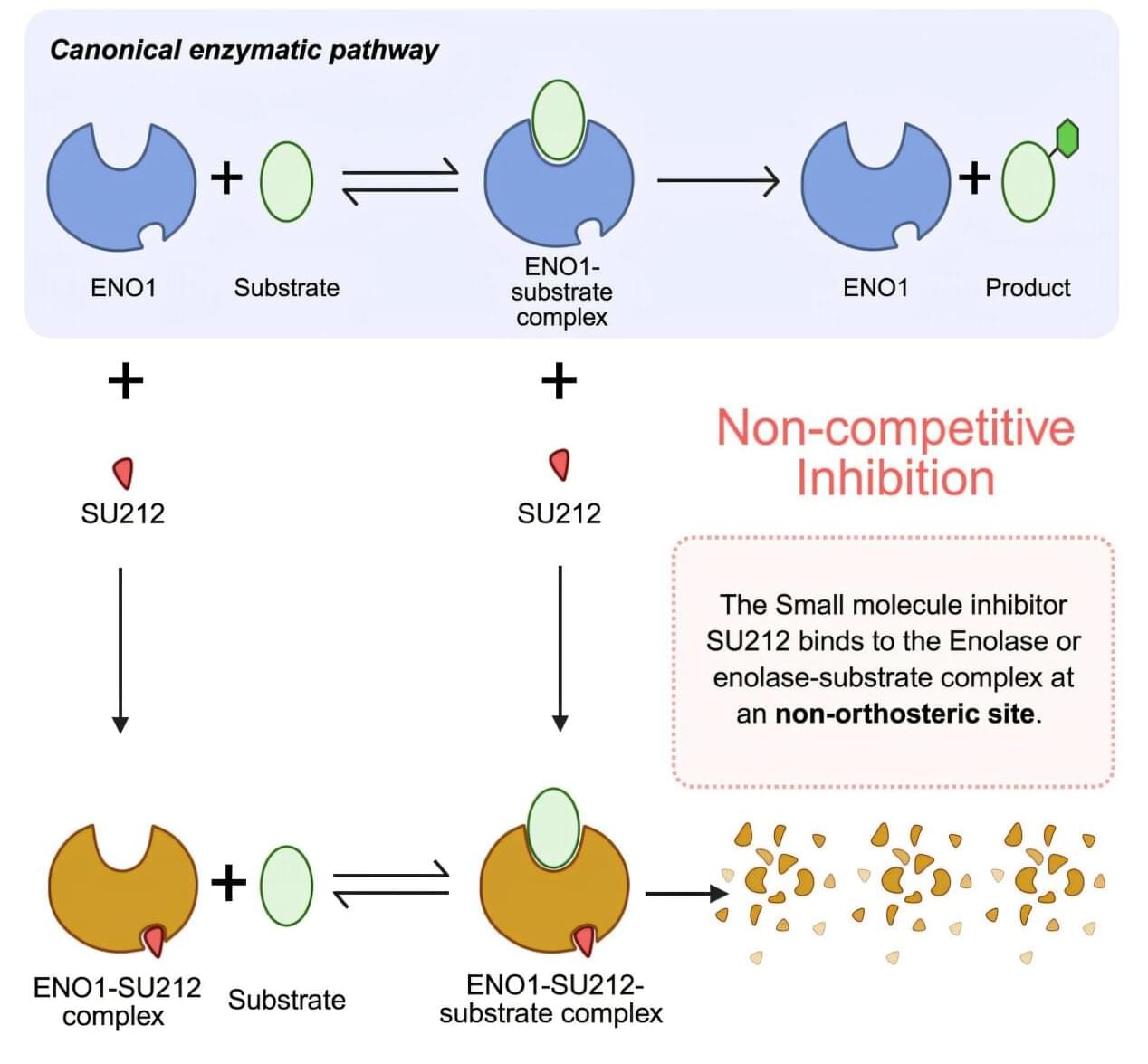The Lunar Module’s Descent Propulsion System (DPS) was the first engine in history that could throttle continuously in deep space — a breakthrough that made Apollo’s lunar landing possible. This engine had to ignite once, vary its thrust smoothly from 10 to 100 percent, avoid combustion instability, and hold steady while the LM hovered just feet above the Moon.
In this video, we explore the real engineering behind the DPS: its hypergolic fuels, injector plate design, the early “chugging” instability problem, throttle control logic, and how the engine kept working even as Apollo 11 pushed it to its limits.
If you enjoy deep dives into Apollo engineering, this one’s for you.
🚀 Every like, comment, and share helps keep Apollo’s engineering story alive.
If you liked this video, please share it with a friend and leave a comment below — it really helps the channel grow.
🚀 New Apollo episodes every week!
📘 Recommended Reading for Space Enthusiasts.
Explore the real stories, engineering, and people behind the Apollo Program — these are the best books to deepen your knowledge:
